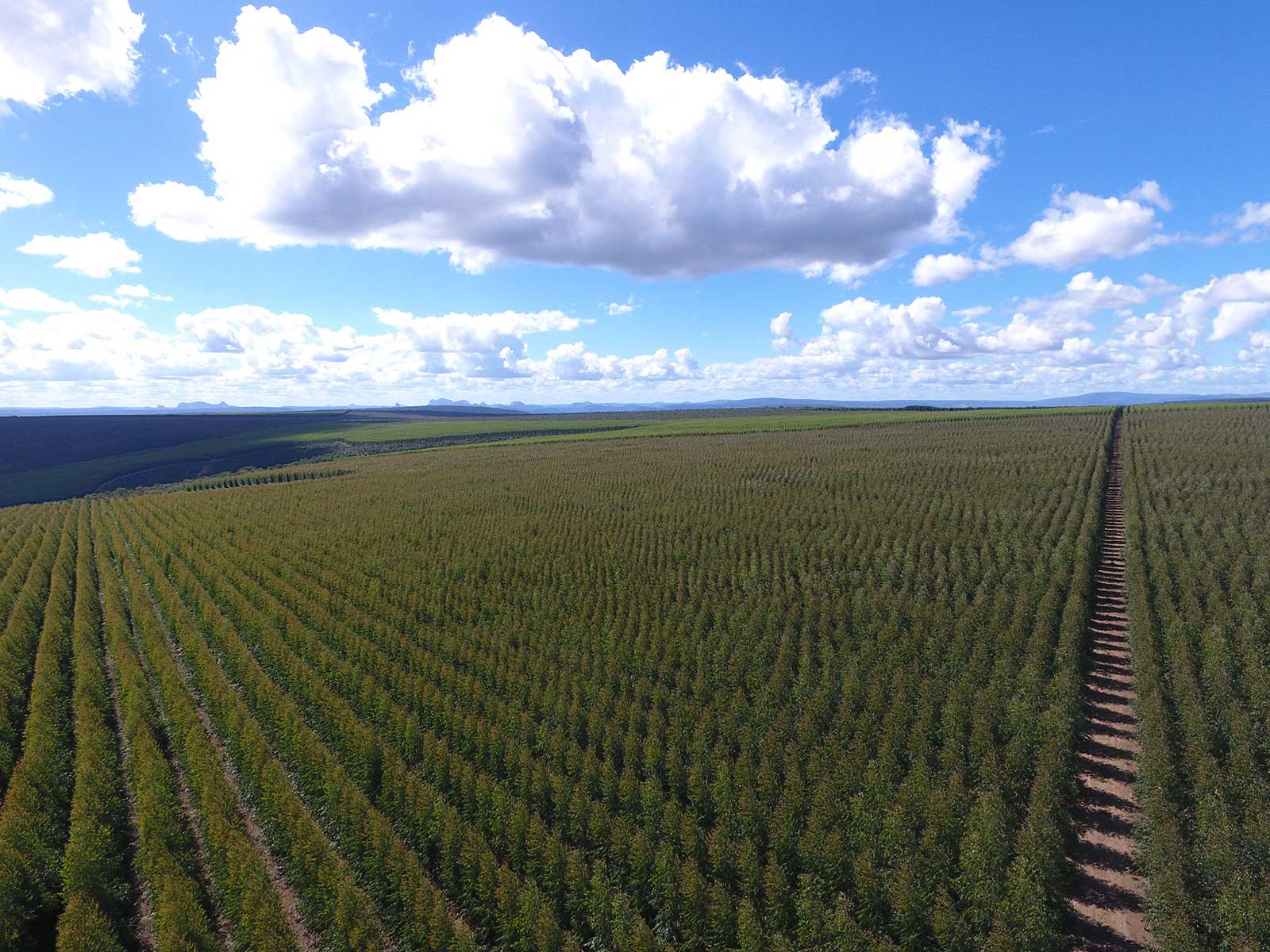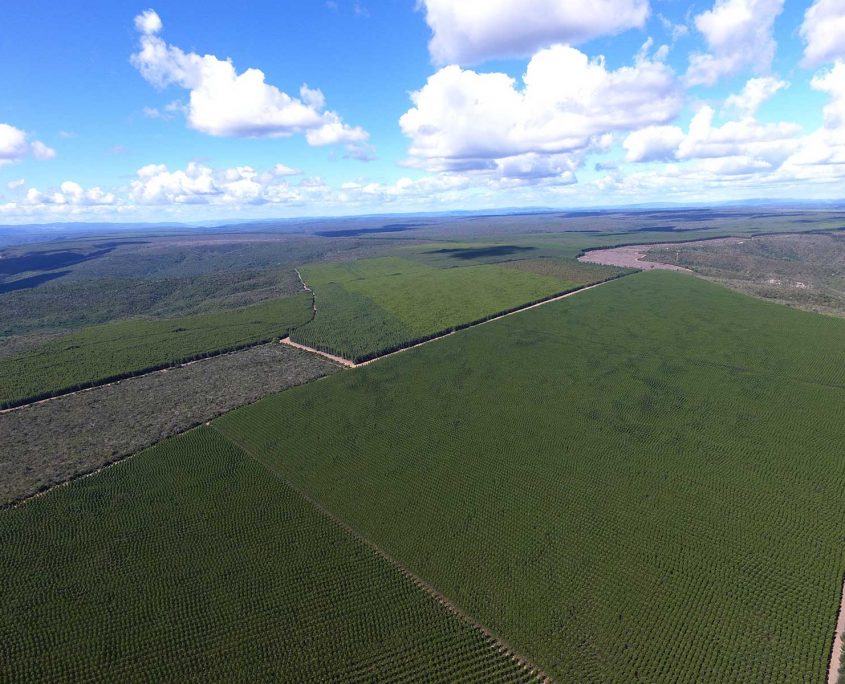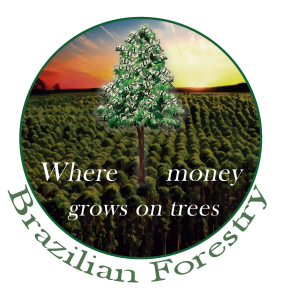
Eucalyptus
Brazilian agribusiness is imposing itself before the world in the production of food and raw materials, from the crops and the breeding of animals. But perhaps no sector today is as strategic in terms of environmental composition and profitability as that of planted eucalyptus forests. In the scenario of forest plantations for commercial purposes, Brazil shows to be a privileged environment. The results achieved with eucalyptus impress all investors, being the species that presents the best cost-benefit ratio in terms of growth time for commercial use and the extent of use. That’s why, this species is an extraordinary wild card, providing everything from cellulose and paper, charcoal, wood to various industries, including furniture, and power generation.
Unlike other activities, forestry is self-sustaining, that is, annual gains from the evolution of genetic materials, cultural treatments and environmental protection areas guarantee successive harvests with increase in productivity up to or over 50m³ / ha / year and sustainability throughout the other forest cycles. Brazil has the most modern technologies for forests plantation, with emphasis on planting and managing of eucalyptus.
Brazil has a total area of 851 million hectares out of which only 30% are destined to agriculture, livestock and planted forest. However, this later market has a lot to grow since it presently represents just over 1% of the total. Brazil is a country that has many factors favorable to forestry, such as soil and climate conditions suitable for the cultivation of several species of commercial value and the continuous development of state-of-the-art technology. In addition, there is great availability of areas for planting and the necessary manpower.

Minas Gerais State
In the list of major producers, Minas Gerais ranks first among all Brazilian states, with over 25%, followed by São Paulo with 17.6%, and Mato Grosso do Sul, with 14.5%. The leadership in the forestry segment is basically due to the existence of a large metallurgical park, made up of pig iron, steel, ferroalloy and, more recently, the pulp, wood fiber and pencil industries. Here, the forest-based sector plays a major role in our economy.
